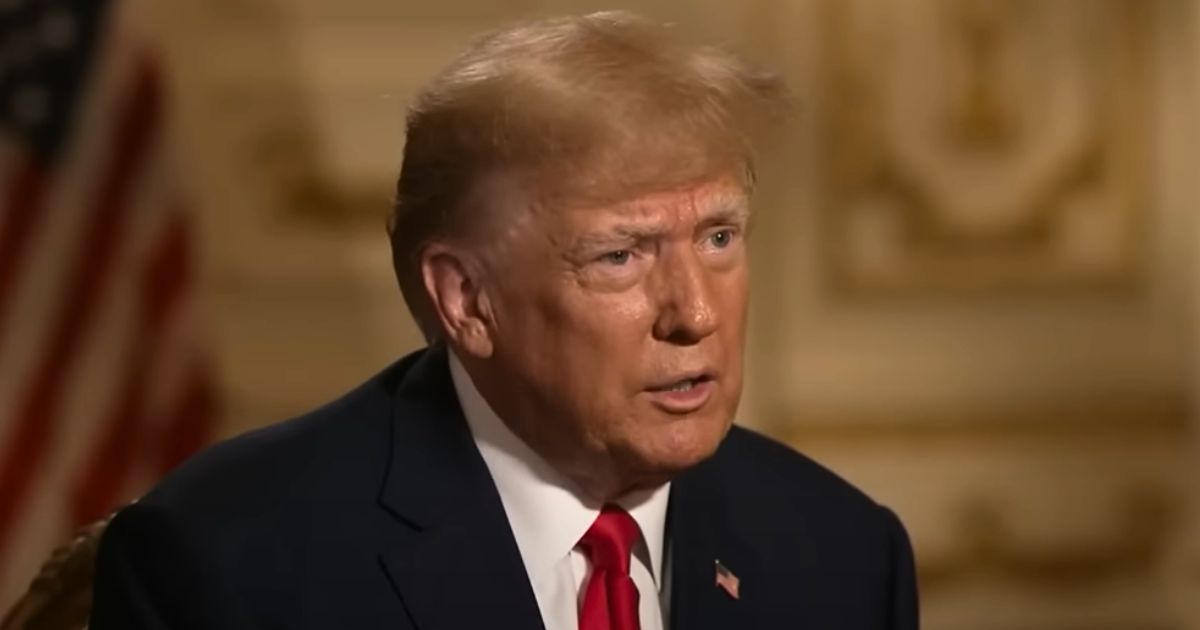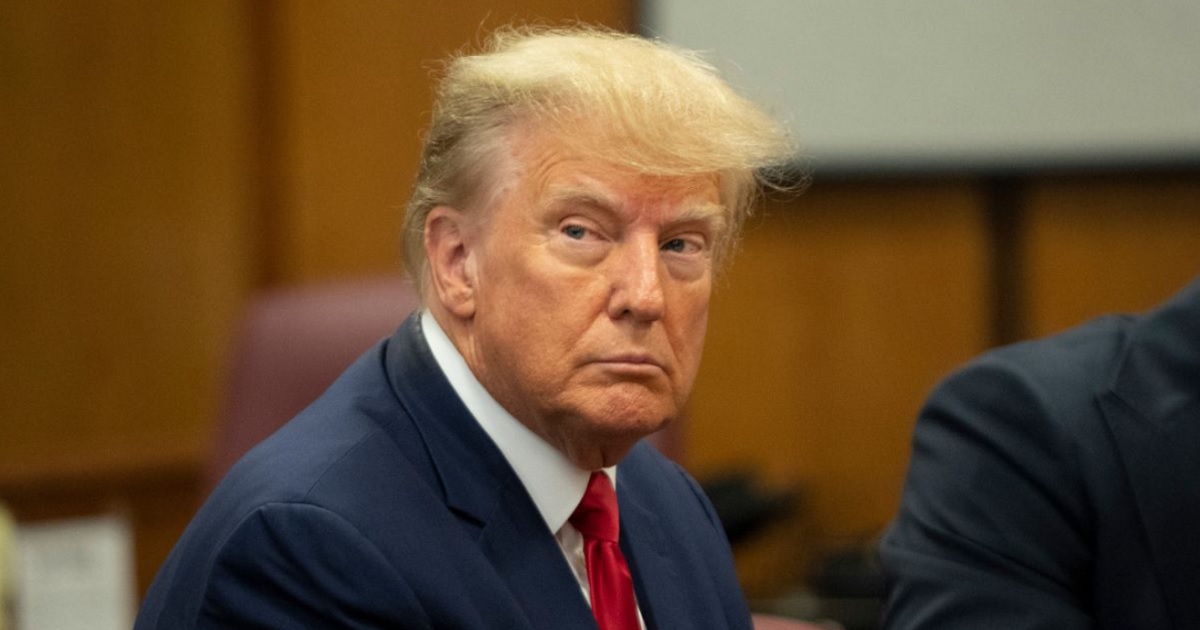GoFundMe cancels fundraiser after NY assault incident
In a contentious encounter recorded on video in Harlem, New York woman named Brianna J. Rivers struck pro-life activist Savannah Craven Antao during an interview, leading to significant legal and social repercussions.
According to the Christian Post, Brianna J. Rivers was arrested following her physical assault on Savannah Craven Antao on April 3, 2025, during a heated conversation on abortion that was caught on camera.
The event unfolded during a "man-on-the-street" interview conducted by Savannah Craven Antao, associated with Live Action, a pro-life organization. The discussion initially began amiably as they conversed on various social topics. However, the atmosphere soured once the topic shifted towards Planned Parenthood and abortion rights.
Rivers' aggressive reaction culminated in physically assaulting Craven Antao. This act was captured on video, leading to Rivers' arrest on charges of second-degree assault. Following the altercation, Craven Antao required hospital treatment, evident from a subsequent photo showing her with a bloodied face.
Three days post-incident, Rivers tried to initiate a GoFundMe campaign, aiming to gather financial support for her ensuing legal battles. The fundraiser managed to collect approximately $8,695 before the platform intervened.
GoFundMe Responds to Violations by Removing Fundraiser
GoFundMe declared the fundraising effort in violation of their policies, which prohibit campaigns that are intended to cover legal defenses in situations involving alleged violent crimes. Consequently, the platform not only removed the fundraiser but also refunded all contributions to the donors.
A GoFundMe spokesperson stated, "A fundraiser for Brianna J. Rivers was removed for violating its terms of service, and the platform has refunded everyone who gave money to the campaign." This decision adds another layer of complexity to Rivers' ongoing challenges following the incident.
Rivers has faced further difficulties beyond the courtroom; she lost her job due to the incident's fallout and has accused Craven Antao of exacerbating her plight through social media harassment. Rivers expressed her frustrations in a Facebook post, accusing Craven Antao of stalking and cyberbullying. She exclaimed, "This matter is supposed to be dealt with in court, but this woman has been stalking my social media platforms to continue antagonizing and harassing me."
Public Reaction and Further Statements from Involved Parties
In her defense, Rivers issued a public apology on April 5 via Facebook, regretting her actions but criticizing Craven Antao for, in her view, manipulatively portraying the incident. “I understand hands being put on someone is never the answer," Rivers posted, "but throwing rocks and hiding hands is worse. She knows the truth, and she needs to release the footage in its entirety. Savannah is a professional antagonist, not a ‘reporter,’ and the truth will be told."
For her part, Savannah Craven Antao and her husband, Henry Antao, insist that the violent outburst was a direct consequence of Rivers' opposition to their pro-life stance. They argue that Rivers’ actions escalated after learning of Savannah's affiliations and beliefs. Henry stated, "We are pro-life activists because ending abortion and protecting babies from the violence that Planned Parenthood commits is the most important issue of our lifetime."
To provide a comprehensive view, Live Action released the unedited footage on April 6, displaying how a seemingly mild conversation gradually escalated into a confrontation, underscoring the volatility of public discourse surrounding such contentious issues as abortion.
Looking Ahead: Implications for Free Speech and Media Ethics
The fallout from the Harlem incident stirs important questions about the scope of free speech, the ethics of man-on-the-street interviews, and how quickly public sentiment can shift in the digital age. As both parties prepare for their next steps, legal and societal observers alike are keenly watching how these issues will evolve in public discourse and the courts.
This complex situation, encapsulating legal, ethical, and societal dimensions, highlights the broader cultural and political divisions surrounding abortion and activism in the United States. It serves as a poignant reminder of the ever-present tension between advocacy and civility in public dialogue.





